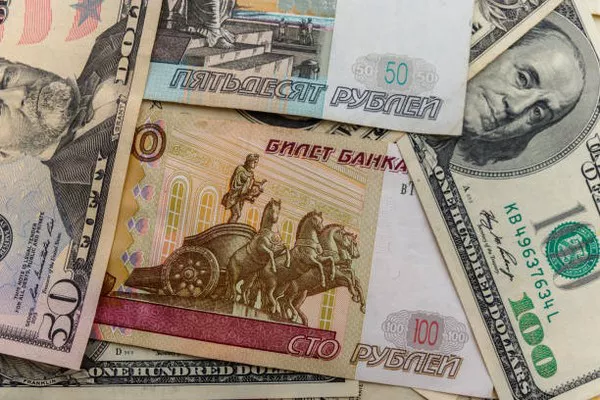The prolonged weakness of the Japanese Yen continued to weigh heavily on the country’s corporate sector, with several major firms issuing profit warnings on June 13, 2025, citing soaring import costs and margin pressures. While a weaker Yen has traditionally been seen as a boon for Japan’s export-driven economy, the current environment of elevated global commodity prices and supply chain disruptions has turned the currency’s depreciation into a double-edged sword.
Automakers and electronics manufacturers, which typically benefit from a softer Yen, reported mixed results in their mid-year earnings updates. Toyota Motor Corp. revised its full-year operating profit forecast downward by 8%, citing higher raw material expenses denominated in U.S. dollars. “The impact of the weak Yen is no longer positive for us,” said Toyota’s CFO, Koji Sato, during a press briefing. “While our overseas revenue gets a translation boost, the rising cost of imported components and materials is eroding our profitability.” Similarly, Sony Group Corp. warned that its gaming division’s margins were being squeezed by increased procurement costs for hardware components.
Small and medium-sized enterprises (SMEs), which lack the hedging capabilities of larger corporations, are feeling the pinch even more acutely. A survey released by the Tokyo Chamber of Commerce and Industry revealed that nearly 65% of SMEs consider the Yen’s depreciation a negative factor for their business, the highest percentage since the survey began in 2010. Many respondents reported difficulties in passing higher costs onto consumers, as domestic demand remains tepid.
The government has so far refrained from direct intervention in the currency markets, but pressure is mounting for policymakers to take action. Economy Minister Yoshitaka Shindo told reporters that the administration is “closely monitoring” the situation, though he stopped short of signaling any imminent measures. Analysts speculate that Japanese authorities may only step in if the Yen approaches the 160 per dollar level, which could trigger inflationary risks.
Meanwhile, retail investors in Japan have been increasing their exposure to foreign assets in search of higher yields, further exacerbating the Yen’s downward pressure. Data from the Japan Securities Dealers Association showed that purchases of overseas stocks and bonds by individual investors hit a record high in May, as domestic interest rates remain near zero.
The Yen’s weakness has also sparked political debates, with opposition lawmakers criticizing the government and the BoJ for their passive stance. “The current policy mix is hurting households and businesses,” said Kenta Izumi, leader of the Constitutional Democratic Party of Japan. “We need a comprehensive review of monetary and fiscal policies to address this crisis.”
As the day drew to a close, the Yen showed little signs of recovery, with analysts warning that the currency could face additional headwinds if the U.S. Federal Reserve maintains its restrictive policy stance. The focus now shifts to next week’s BoJ policy meeting, where officials may provide further clues on the timing of potential policy adjustments.
You Might Be Interested In:


